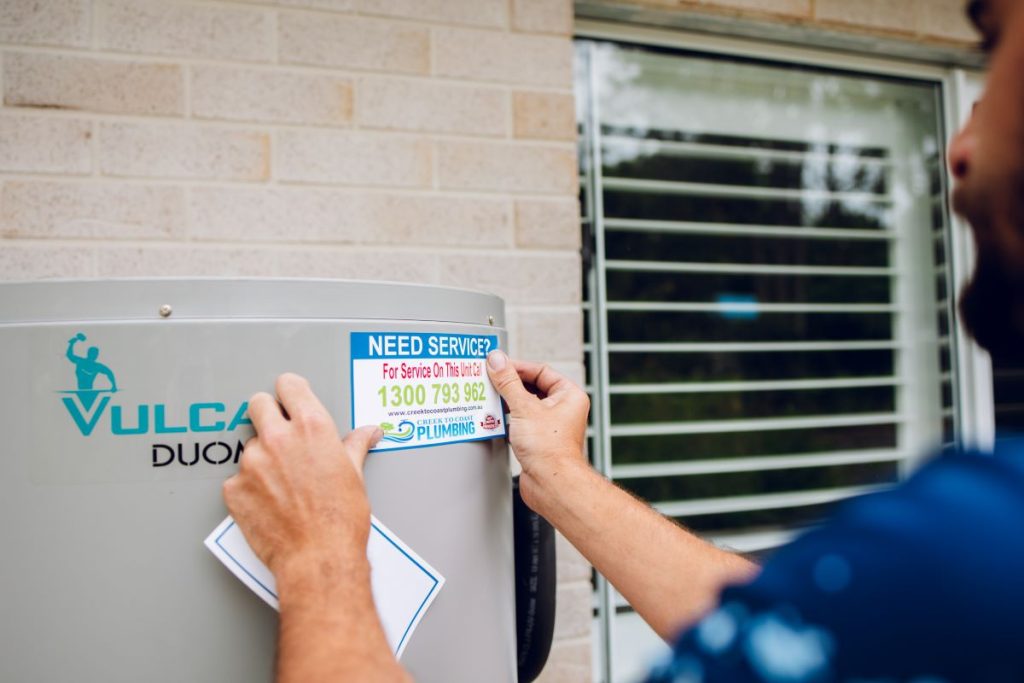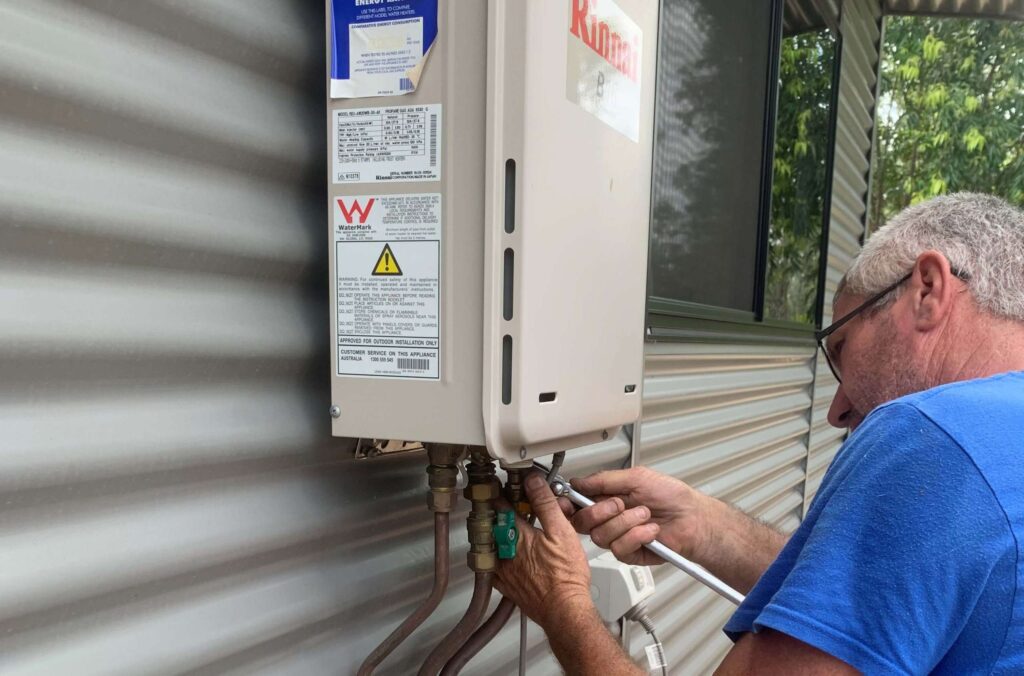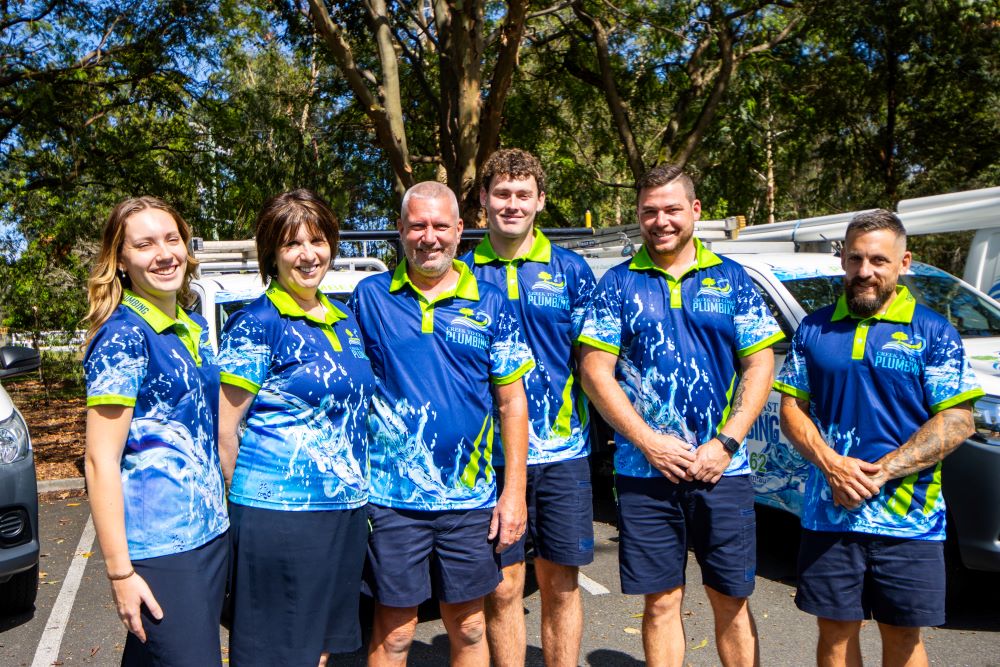If you are considering the installation of a solar hot water system in Queensland, it is essential to understand the concept of booster systems. Grasping their significance is paramount for homeowners who wish to maximise their hot water efficiency. Are these boosters genuinely necessary for your solar hot water setup? What repercussions could arise from omitting this critical component? Addressing these queries is vital for anyone aiming to optimise their hot water usage and ensure a comfortable living environment.
The answer is unequivocal: yes—a booster is indeed essential. In this comprehensive guide, we will delve into the operational mechanics of solar hot water systems, the specific conditions that activate boosters, and the crucial insights that homeowners in Queensland should be aware of to avoid unpleasant cold showers and guarantee a dependable hot water supply throughout the year.

Uncover the Essential Role of Boosters in Your Solar Hot Water System
A booster functions as a secondary heat source, typically powered by either electricity or gas, which effectively heats your water supply when solar energy is insufficient. This capability is crucial for guaranteeing a consistent supply of hot water during various circumstances, such as:
- Overcast or rainy days when solar energy generation is limited
- Early mornings or late evenings when sunlight availability is scarce
- Winter months characterised by shorter daylight hours, which can impede solar gain
- Periods of high demand, such as during multiple showers or laundry loads
Without a booster, your solar hot water system may face challenges in providing consistent hot water, particularly during peak usage periods or when the weather is less than ideal. Consequently, understanding the pivotal role of a booster is indispensable for maximising your hot water experience and ensuring that your household remains comfortable at all times.
Making Informed Decisions: Electric vs Gas Boosters for Maximum Efficiency
Electric Boosters are frequently found in households that rely solely on electricity for their energy needs. These systems automatically heat the water whenever the solar input falls below a certain threshold. The advantages of electric boosters include:
- Widely accessible and straightforward to install, making them a preferred choice for many
- Lower initial installation costs compared to gas systems, making them budget-friendly
- Operates automatically, ensuring hot water availability and enhancing overall convenience
- Potentially higher running costs, which can fluctuate based on your energy tariff structure
On the other hand, Gas Boosters are typically favoured in homes that already utilise a gas supply. They offer on-demand heating, meaning they only activate when hot water is required. The benefits of gas boosters include:
- Rapid and efficient heating capabilities, delivering hot water swiftly
- Generally lower running costs compared to electric boosters, which can lead to significant savings
- Higher initial installation costs if a gas connection is not already present in your home
For households with continuous-flow needs or those transitioning from off-grid solar systems, we highly recommend considering gas boosters due to their efficiency and superior performance benefits.
Understanding the Seamless Integration of Solar Boosters with Your Hot Water System
Most solar hot water systems come equipped with a thermostat or sensor that continuously monitors the water temperature. If the temperature drops below the required level—typically set at 60°C for health compliance—the booster automatically engages to ensure that you consistently have access to hot water, regardless of external conditions.
Homeowners can choose between two operational modes:
- Manual Boosting: This option allows you to control when to activate the booster system, providing flexibility and control over your hot water availability.
- Automatic Boosting: The system activates the booster only when necessary, offering enhanced convenience for users and ensuring a hassle-free experience.
In Queensland, automatic boosters are more widely utilised due to their compliance with local regulations and the convenience they offer homeowners, ensuring peace of mind and reliability.

Essential Regulations for Solar Hot Water Systems in Queensland
According to the Queensland plumbing regulations, it is mandatory for a compliant solar hot water system to reliably deliver hot water throughout the entire year. This requirement inherently signifies that a booster is essential for compliance and operational reliability.
This regulation also serves a vital safety standard. To mitigate the risk of harmful bacteria such as Legionella, hot water must consistently reach at least 60°C. Without a booster, maintaining this temperature becomes increasingly challenging, especially during cloudy or cold days when solar energy input is insufficient.
Identifying Common Issues with Your Solar Booster System
How can you ascertain if your booster is malfunctioning? Look out for these common indicators:
- Water that remains lukewarm during the colder winter months, suggesting inadequate heating
- Experiencing cold showers in the mornings, even after sunny days, indicating a system issue
- System fault lights or error codes appearing on your unit, signalling potential problems
- Hot water only available after prolonged exposure to sunlight, suggesting insufficient heating
What actions should you take?
If your system is not performing as expected, it is possible that the issue lies with the booster rather than the solar panels themselves.  Schedule a comprehensive system check with our professional team to swiftly identify and resolve any issues effectively.
Schedule a comprehensive system check with our professional team to swiftly identify and resolve any issues effectively.
Recommended Service Intervals for Ensuring Your Solar Boosters Operate Efficiently
To guarantee your solar system and booster function at their peak performance, it is advisable to schedule maintenance every 2–3 years. However, you may need to arrange for servicing sooner if you observe:
- Your system is older than five years, which can lead to a decline in efficiency
- Inconsistent water temperatures, indicating possible malfunctions that require attention
- A significant amount of time has elapsed since the anode rod or valve was inspected, which can negatively affect performance
Regular maintenance not only helps to avert breakdowns but also ensures that your booster activates when necessary, providing you with consistent hot water precisely when you need it most.
Assessing the Financial Impact of Boosters on Your Energy Bills
A properly installed and well-maintained booster system typically has a minimal impact on your energy expenses, especially when compared to systems that depend solely on electricity for heating water.
To reduce the frequency of booster usage and related costs, consider implementing the following strategies:
- Install a timer for manual boosters to optimise energy consumption effectively
- Utilise hot water primarily during daylight hours when solar energy is abundant and cost-effective
- Insulate your pipework to minimise heat loss, thus enhancing overall efficiency
Expert Support for Your Solar Booster Needs in Queensland
We provide comprehensive services for the supply, installation, and maintenance of solar hot water systems with boosters across Caboolture, Moreton Bay, and North Brisbane. If you are uncertain about the functionality of your booster or require assistance in selecting the best type for your system, we are here to guide you through your options.
 Contact a licensed solar plumber today for expert advice regarding your system.
Contact a licensed solar plumber today for expert advice regarding your system. Explore detailed cost comparisons and various system types here to make an informed decision.
Explore detailed cost comparisons and various system types here to make an informed decision.

Frequently Asked Questions About Solar Boosters Addressed
Can I deactivate my booster to save energy?
Yes, this is possible; however, it is only advisable if your system allows for manual control. Proceed with caution—without proper monitoring, the likelihood of experiencing cold water significantly increases, particularly during high-demand periods.
What is the ideal temperature for hot water?
Hot water should reach at least 60°C for storage systems. This temperature is not only a legal requirement but also a crucial health standard in Queensland to ensure safety and prevent bacterial growth.
Is it possible to add a booster to an existing solar system?
Absolutely! We can retrofit boosters onto compatible systems or assist you in upgrading to a new model that features integrated control for enhanced functionality and efficiency.
The Article: Solar Hot Water Systems: Is a Booster Necessary? first appeared on https://writebuff.com
The Article Booster for Solar Hot Water Systems: Is It Needed? Was Found On https://limitsofstrategy.com

The emphasis on booster systems in solar hot water setups is an excellent point for Queensland homeowners. I remember when my family installed a solar hot water system, and we initially debated whether a booster was necessary. At first, we wanted to save on costs, thinking we could rely entirely on the solar component. However, we quickly learned that during the winter months, or when it was particularly cloudy, the system alone often didn’t meet our needs.